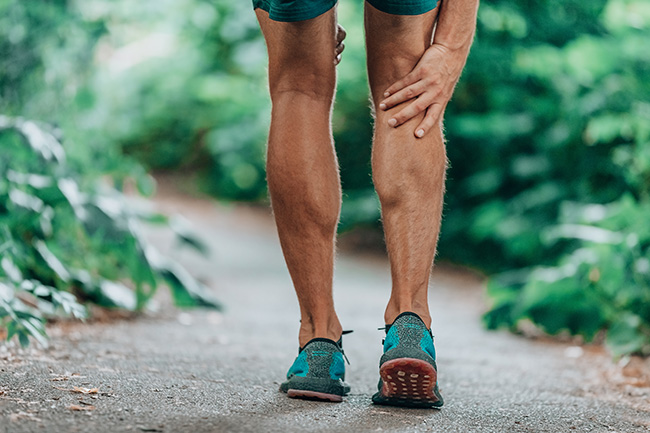PAIN really could equal gain for people with peripheral artery disease who stick to a regular exercise programme.
Walking at a pace that causes them strong pain can relieve symptoms for those suffering from the common type of cardiovascular disease, say researchers.
Peripheral artery disease affects 236 million people worldwide and occurs when the arteries in the legs and feet become clogged with fatty plaques through a process known as atherosclerosis.
While some people with this disease experience no symptoms, the most classic symptoms are pain, cramps, numbness, weakness or tingling that occurs in the legs during walking – known as intermittent claudication.
Treatment currently focuses on managing symptoms and preventing the arteries from becoming more clogged, which will reduce the risk of heart disease and stroke. Medications may also be prescribed to reduce cholesterol or treat high blood pressure – both risk factors for developing peripheral artery disease.
But exercise programmes may offer another treatment approach. A team at Northumbria University found that for people with intermittent claudication, a supervised, walking-based exercise programme is most likely to improve their symptoms.
They say it should ideally be carried out at least three times per week, and over a minimum of three months. People should try to walk at a challenging pace (meaning it causes them to experience strong leg pain) for three to five minutes before resting until the pain goes away. The walk-rest pattern should be repeated for about 30 to 60 minutes.
Resistance exercise (such as lifting weights) can also help to improve muscle strength in patients with intermittent claudication.
The team also say that walking while experiencing claudication pain could, over time, stimulate the growth of new blood vessels in the legs and improve symptoms.
However, people are advised not to exercise if they feel unwell and should go and seek medical advice if they experience any concerning symptoms when they do exercise – such as chest pain, dizziness or sickness.


